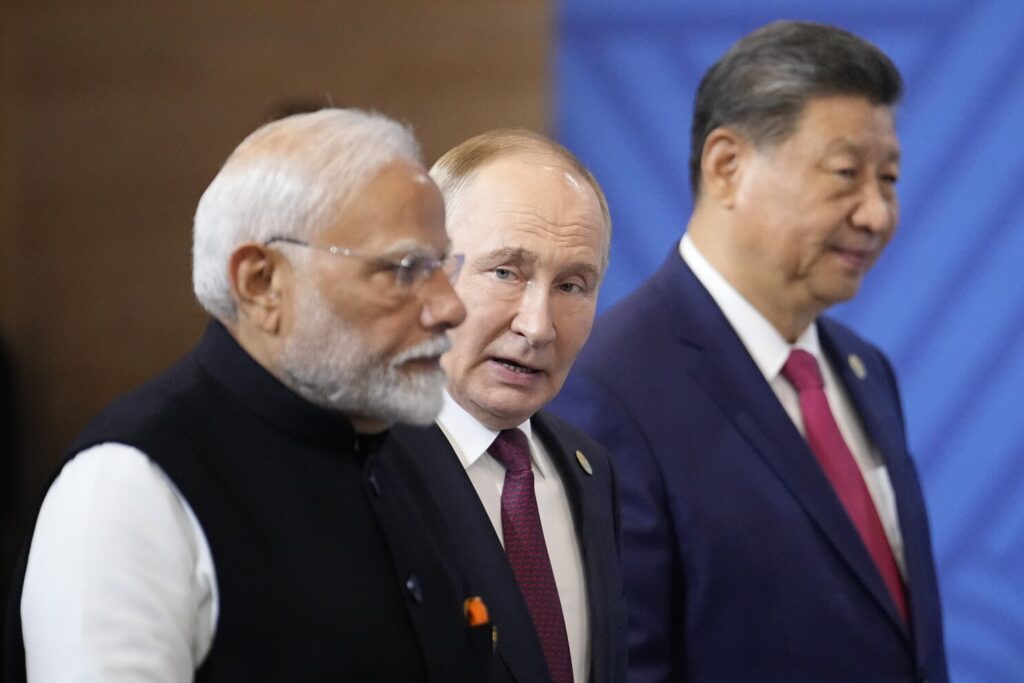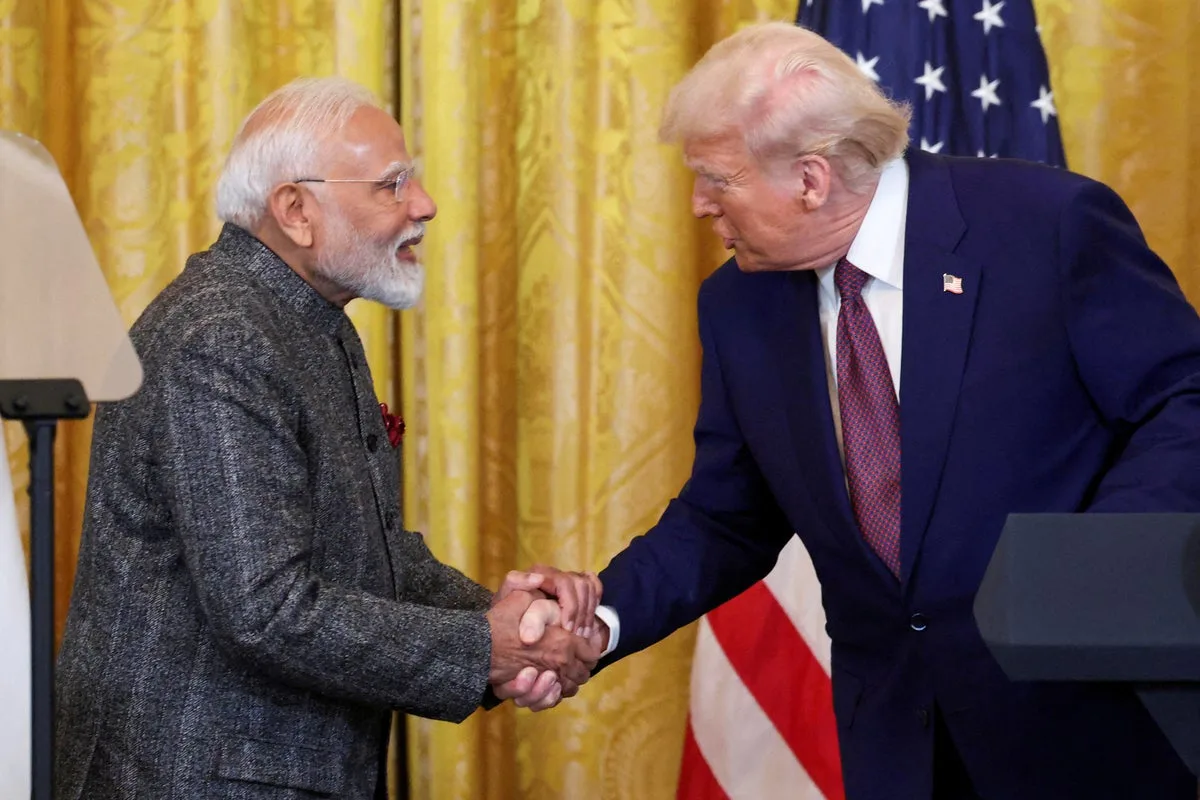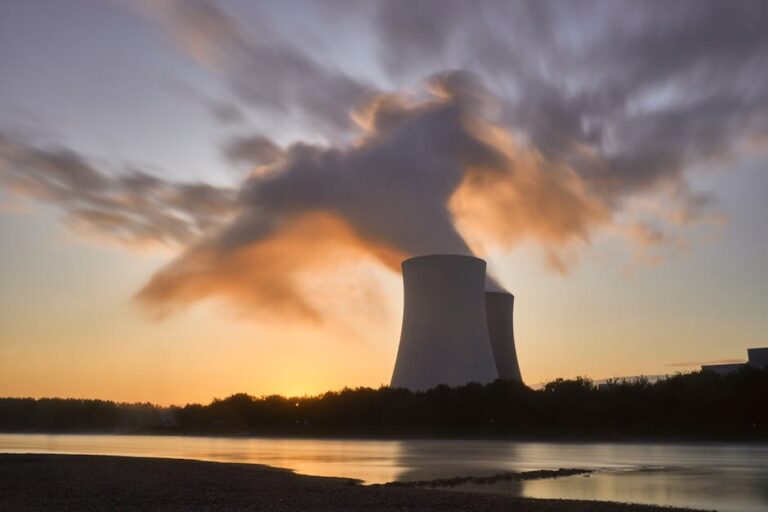In a new twist to global energy politics, India has publicly refuted U.S. President Donald Trump claim that Prime Minister Narendra Modi promised to end Russian oil imports. The statement, which Trump made during a campaign rally earlier this week, has sparked diplomatic ripples across Washington, Moscow, and New Delhi and left analysts questioning whether the U.S. is trying to pressure India into aligning more closely with Western energy sanctions.
What Trump Said
Speaking at a campaign event in Ohio, Donald Trump declared that India had “finally agreed” to halt its purchases of Russian oil a move he claimed was the result of his personal conversation with Prime Minister Modi. “I spoke to my friend Narendra, and he said, ‘Mr. President, we will stop buying oil from Russia,’” Trump stated. His remark was intended to signal his strong diplomatic influence and his commitment to tightening the global isolation of Russia over its ongoing war in Ukraine.
However, within hours of the statement making global headlines, India’s Ministry of External Affairs firmly denied the claim, saying no such conversation had taken place.
India’s Sharp Response
A spokesperson for the Indian government described Trump’s remarks as “factually incorrect and misleading.” Officials clarified that there had been no discussion between the two leaders recently, and India’s policy regarding Russian energy imports remains unchanged.
India reiterated that its decisions on crude oil purchases are driven by national interests and global market realities not by political pressures or campaign statements made abroad. The government emphasized that affordable energy is vital for India’s 1.4 billion citizens and that diversification of oil sources remains an ongoing effort, not a political gesture.
Russia’s Confident Reaction

Russia responded calmly but confidently to the controversy. The Kremlin stated that it remains “fully confident” in the stability of its energy partnership with India, highlighting that cooperation between the two countries continues on “mutually beneficial terms.”
Moscow has become a key oil supplier to India since 2022, offering discounted crude amid Western sanctions. These imports have helped India control inflation and keep domestic fuel prices relatively stable a factor that makes any sudden policy reversal extremely unlikely.
Political Sparks in India
Back home, the story has already taken a political turn. Indian opposition leader Rahul Gandhi accused the Modi government of being “weak and afraid” in foreign policy matters. He questioned why Trump’s claim was not immediately countered with stronger language, suggesting that India’s image abroad is being misrepresented.
However, many analysts argue that the government’s measured tone is deliberate India wants to avoid being dragged into U.S. election drama or appearing reactive to campaign rhetoric.
The Bigger Picture
This episode comes amid a period of rising U.S.-India trade tensions. Washington has recently announced new tariffs on Indian goods, citing concerns over India’s growing energy and defence ties with Russia. Trump’s claim and India’s rejection of it add fuel to an already tense geopolitical landscape.
For India, the balance is delicate. The country has deep strategic relations with both Washington and Moscow. While the U.S. remains a key partner in technology and defense cooperation, Russia continues to be a reliable source of affordable energy and military supplies.
What Lies Ahead
Experts believe India will maintain its “strategic autonomy” approach engaging with all global powers while prioritizing domestic energy security. Unless there is a drastic escalation in sanctions or direct diplomatic confrontation, India is unlikely to stop buying Russian oil anytime soon.
The episode also serves as a reminder that campaign statements in one country can quickly become international controversies. As Trump seeks to regain the White House, his foreign policy comments especially about India, the world’s third-largest oil consumer are likely to draw even more attention.
Conclusion
In essence, India’s clear rejection of Trump’s claim reaffirms its independent foreign policy stance. While global powers jostle for influence, New Delhi is making it clear that its decisions will be guided not by external pressure, but by what’s best for its economy and people.










2 thoughts on “India Dismisses Trump Claim on Ending Russian Oil Imports”